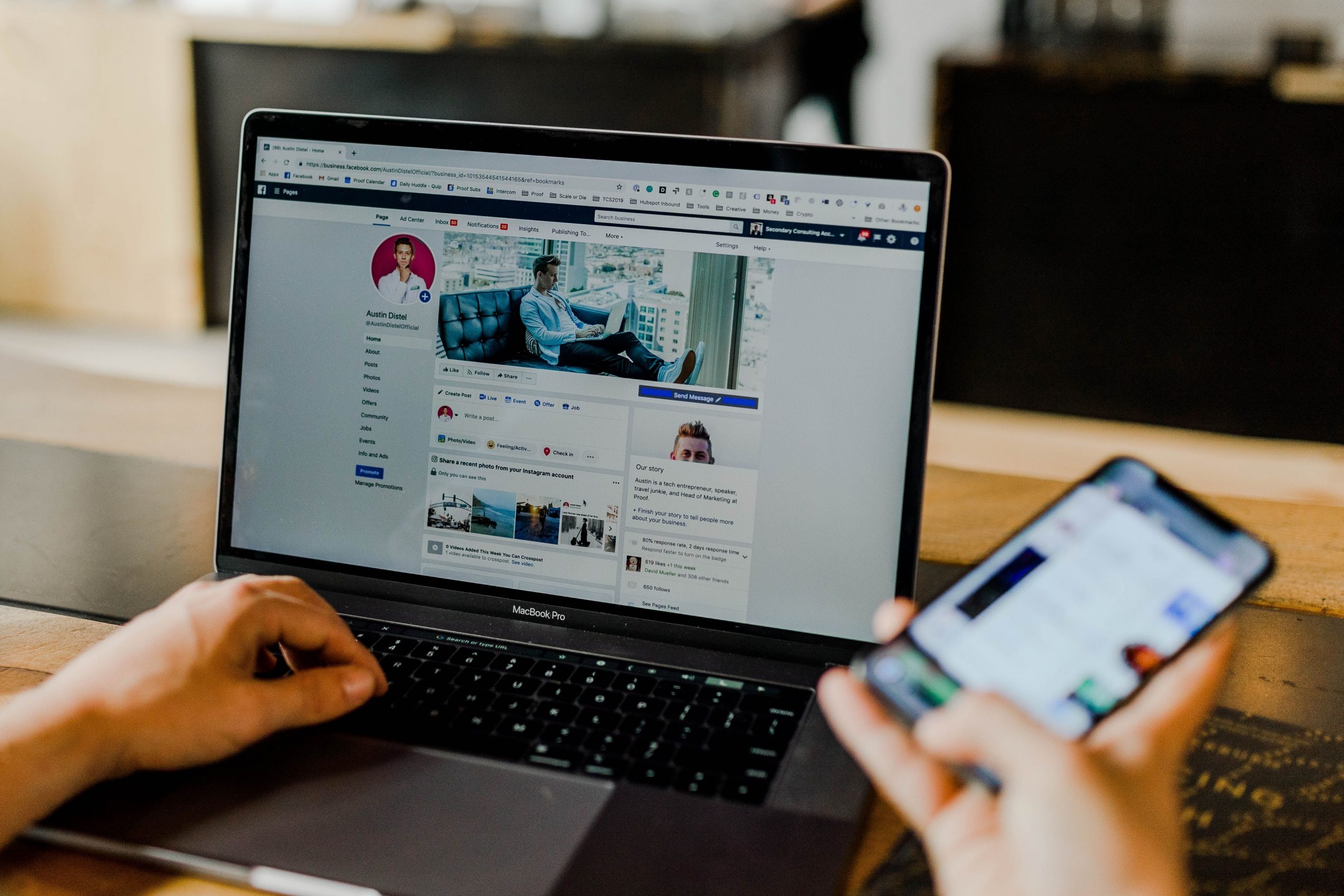Social
media platforms Facebook, Twitter and LinkedIn announced this week that they
have taken steps to secure accounts of users based out of Afghanistan,
according to a report in the Reuters. The accounts are being secured to ensure
users are not targeted by the Taliban who seized control of the country on
August 15.
Also read | Donald Trump slams Twitter for keeping Taliban but not a US President
Mark
Zuckerberg-owned Facebook has temporarily removed the feature that allows
people to view or search the friends lists accounts in Afghanistan, according
to the company’s security policy head Nathaniel Gleicher. Further, Facebook has
also launched a “one-click tool” which will allow users to lock down their
accounts. Once locked, people who are not Facebook friends with a person would
not be able to see their posts or share their photos, Gleicher said.
Social
media companies have come forward to secure users’ accounts after human rights
groups voiced concerns that the Taliban may use social media to target users by
tracking their digital histories and social connections. Amnesty International
raised the alarm this week that thousands of Afghans, including journalists,
human rights workers and academics, were at risk of reprisal from the Taliban.
Also read | US federal body files revised antitrust complaint against Facebook
The former
captain of Afghanistan’s football team, Khalida Popal, recently urged the women’s
soccer team to delete their social media accounts and erase their public
identities.
Twitter,
the microblogging platform, said that the company was in touch with civil
society partners to support the people of Afghanistan and was working on an
internet archive to expedite direct requests to remove archived tweets.
Twitter
said that if users are unable to access accounts containing information that
could potentially put them at risk, such as direct messages or followers, the
company could temporarily suspend such accounts until users regain access and
can delete content generated by them.
LinkedIn, the Microsoft-owned professional
network site, has temporarily hidden connections of the platform’s users based
out of Afghanistan so that other users cannot see them.







